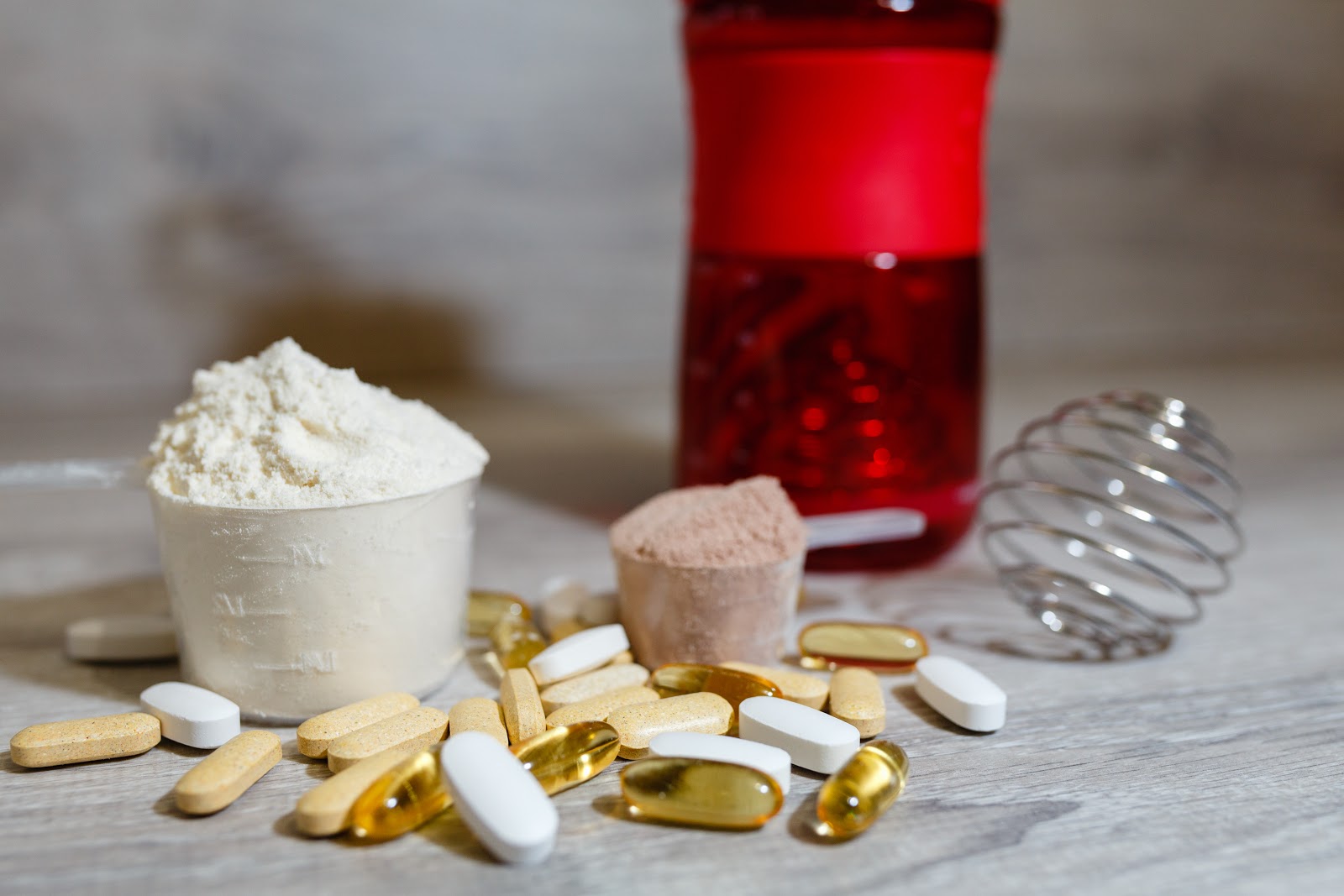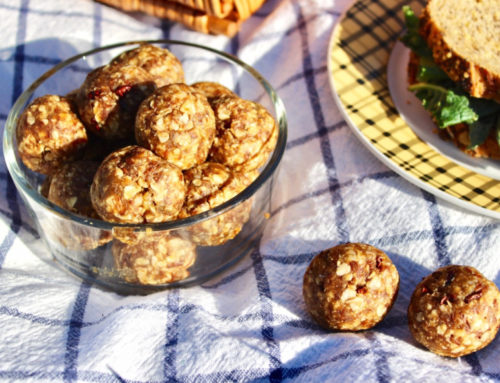Whether you’ve been faithful to your fitness routine for years or you are turning over a new leaf, chances are you are wading through a lot of information on supplements. Whole Foods has a diverse section of vitamins, supplements, holistic remedies, and GNC stocks so many options that it can all be easily overwhelming. The wide range of available options presents a couple of questions. One of them is, “are supplements necessary and safe?” If supplements are safe and effective, “what are the best supplements for accomplishing my goals?”
What Are Pre-Workout Supplements?
In simplest terms, pre-work supplements are multi-ingredient compounds formulated to increase energy. In general, pre-workout supplement formulas, sometimes shortened to “pre-workout,” come in a powdered form. Pre-workout can be blended into smoothies, sports drinks, or mixed with water.
What Ingredients Are in Pre-Workout Supplements?
Pre-workout supplements are not FDA-approved or standardized. For this reason, pre-workout supplement ingredients vary tremendously across brands and product lines. Some of the ingredients you can expect to see in pre-workout supplements include:
- Amino acids
- B vitamins
- Caffeine
- Creatine
- Artificial sweeteners
- Nitric oxide precursors
Downsides of Pre-Workout Supplements
While you’ll likely run into someone someday who can’t stop telling you enough good things about pre-workout supplements, that doesn’t mean they come without potential downsides. As mentioned above, pre-workout supplements are not FDA-approved or regulated. It can be challenging to know what possible side effects you could experience when incorporating them into your routine.
Some of these potential downsides include:
- Use of artificial sweeteners and sugar alcohols: Instead of using regular sugar, pre-workout formulas tend to include artificial sweeteners to enhance their beverage’s taste without the additional calories. However, these ingredients can cause gas, bloating, and other digestive problems.
- Too much caffeine: Pre-workout supplements tend to get their energy-boosting benefits from caffeine. In many cases, pre-workout supplements can have as much caffeine as 2 cups of coffee. Suppose you tend to consume caffeine in other areas of your life. In that case, it’s possible that pre-work supplements could provide too much caffeine, and you could become jittery or experience withdrawal symptoms.
- Lack of quality control: Dietary supplements are not regulated in the United States, so brands can make inaccurate claims or mislead consumers about the ingredients. For this reason, it’s recommended to stick to supplements tested by reputable third parties like NSF International or USP.
Should You Take Pre-Workout Supplements?
The answer to this question is nuanced and multi-faceted. The safest way to introduce pre-workout supplements into your daily routine or find out if they’re right for you is to consult with your primary care provider or a qualified nutritionist. Pre-workout supplements are not a substitute for a well-balanced diet or adequate hydration. They are not one-size-fits-all, so it’s important to do your research before you jump all in.
For more information about membership and turning over a new leaf in your personal fitness, don’t hesitate to reach out to our team to join today!





